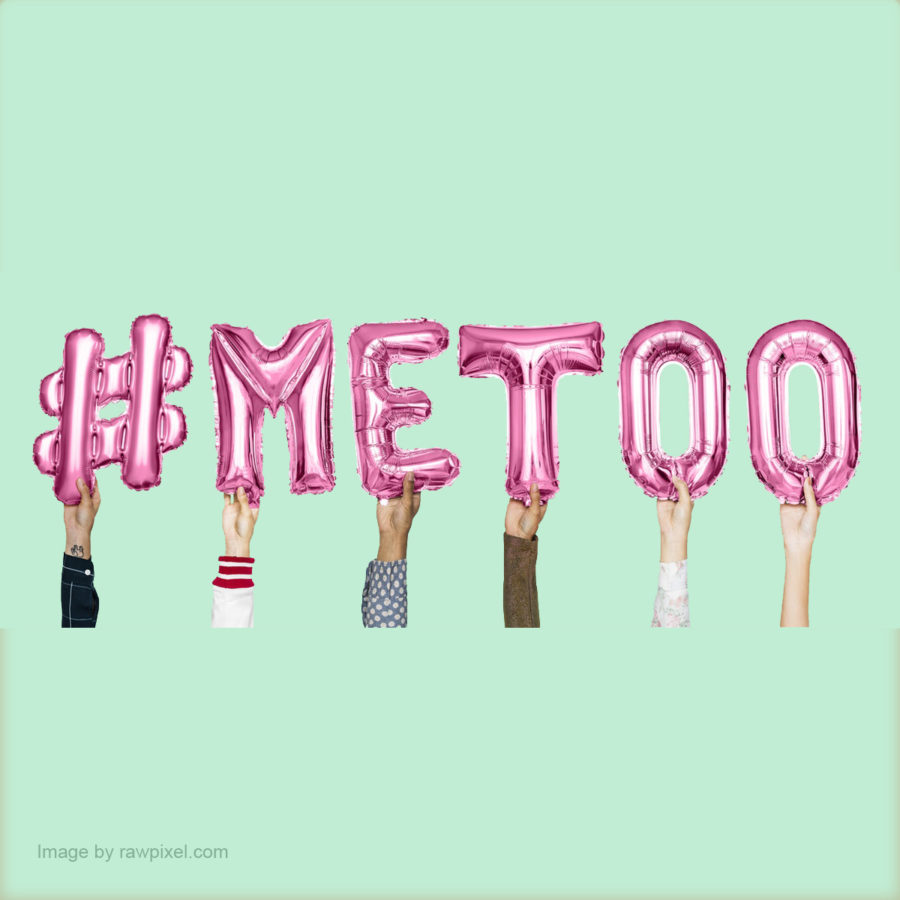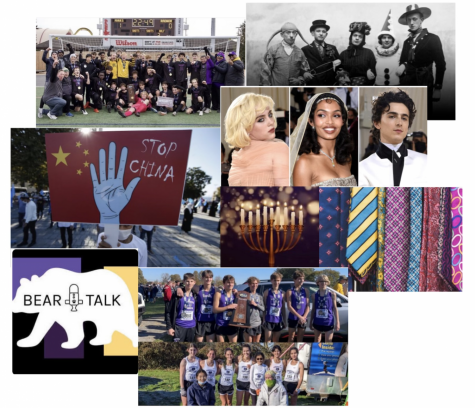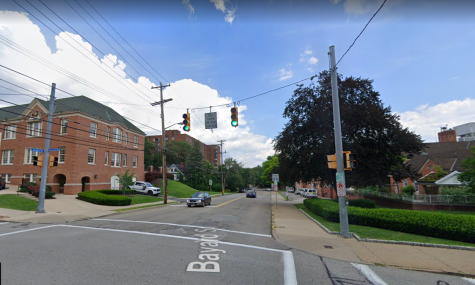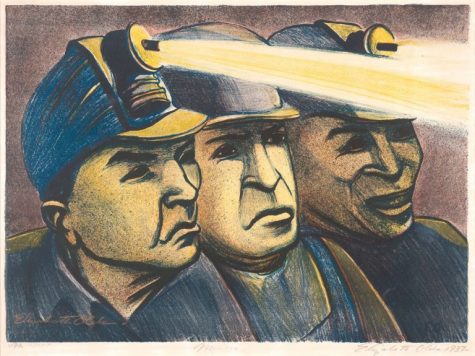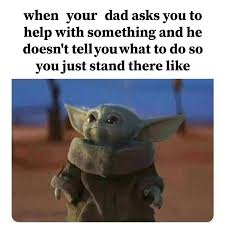#MeToo, One Year Later

Tarana Burke coined the phrase “Me Too” in 2006 to assist other women of color that had experienced sexual assault. Eleven years later, on October 5, 2017, Ashley Judd, Rose McGowan, and a few other women came forward about Harvey Weinstein, who had harassed them. This incident snowballed, and survivors of sexual assault exposed countless rapists, abusers, and assaulters, prominent media figures such as Weinstein, Louis C.K, Lawrence G. Nassar, who was the doctor for the women’s Olympic gymnastic team, and Kevin Spacey, to name a few. The aftermath, or more aptly, continuation, of the #MeToo Movement is shifting the culture of accountability in the United States, affecting large celebrities and ordinary people on the daily.
Alyssa Milano turned Me Too into the viral hashtag #MeToo in October 2017 to show public support for Judd while demonstrating the how sexual assault and rape are much more common than they appear in public. She encouraged anyone who felt comfortable to turn to Twitter and share their experiences with sexual assault. The hashtag blew up, inciting even further support and steam to take out abusers in Hollywood, as well as locally.
On January 1, 2018, the National Women’s Law Center unveiled the TIME’S UP Legal Defense Fund to encourage victims of all statuses and backgrounds, mainly women, to speak to their own experiences with sexual assault. TIME’S UP pays for the victims’ lawyers, and gathers media coverage for those that may not be celebrities. Actors and directors donned all black at the 2018 Academy Awards on March 4 to support the fund and #MeToo.
If Judd came out about Weinstein over a year ago, then why are we still talking about #MeToo? Well, its relevance didn’t just stop at the Oscars. This movement has dramatically changed how we deal with and learn about sexual assault as a society. For once, it seems as if victims are being put first. According to the National Sexual Violence Research Center, 1 in 5 women and 1 in 71 men will be raped in their lifetime, an unfortunate but very real truth. #MeToo is helping to undo the institutionalized sexism and abuse that hold up prominent mens’ careers but ruin countless others’ lives.
However, no movement is without its critics, one being President Trump. On February 10, 2018, he tweeted, “Peoples lives are being shattered and destroyed by a mere allegation. Some are true and some are false. Some are old and some are new. There is no recovery for someone falsely accused – life and career are gone. Is there no such thing any longer as Due Process?” Yes, everyone should be given due process, but, as Medium stated in an article, that due process includes victims’ voices. Institutionalized sexism is built into the US; victims have been stifled and silenced for centuries with bribes and nondisclosure agreements. It’s time to change the narrative to include women and people of color and male victims and LGBT+ people.

